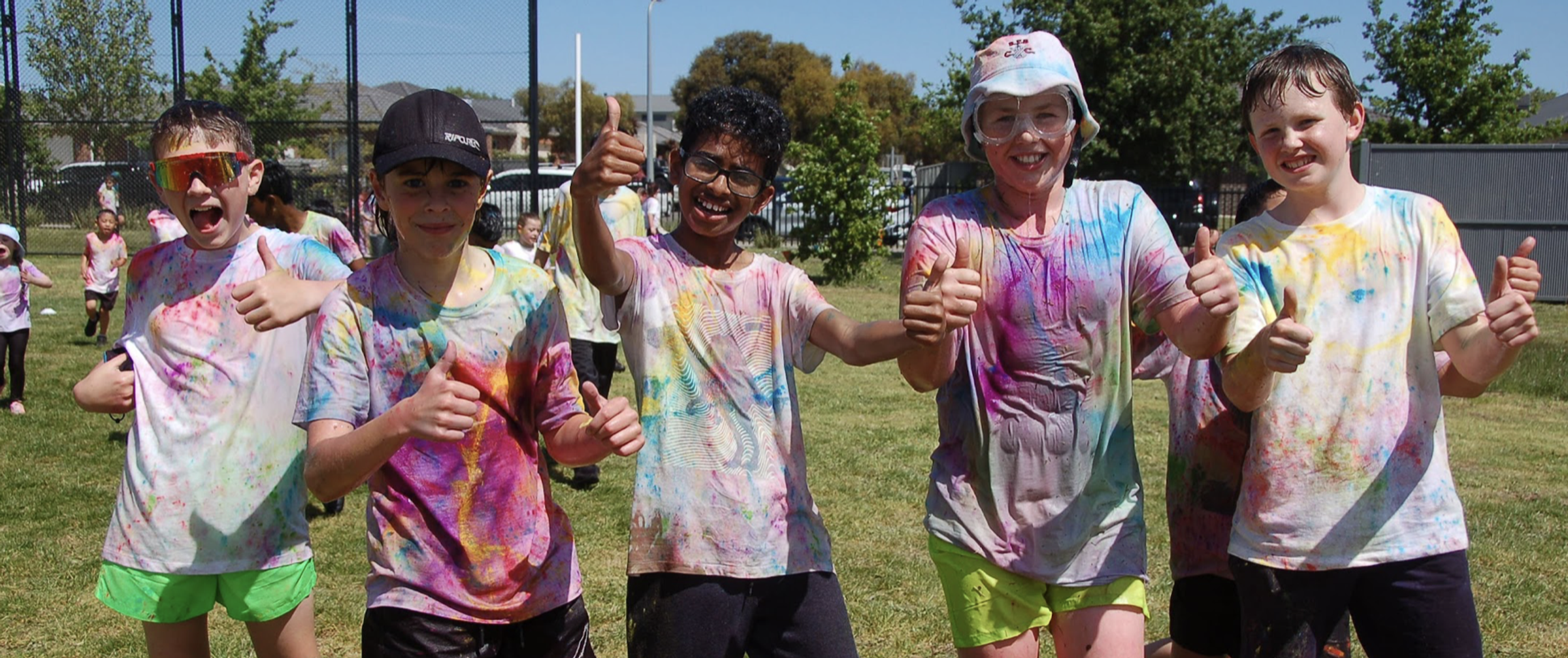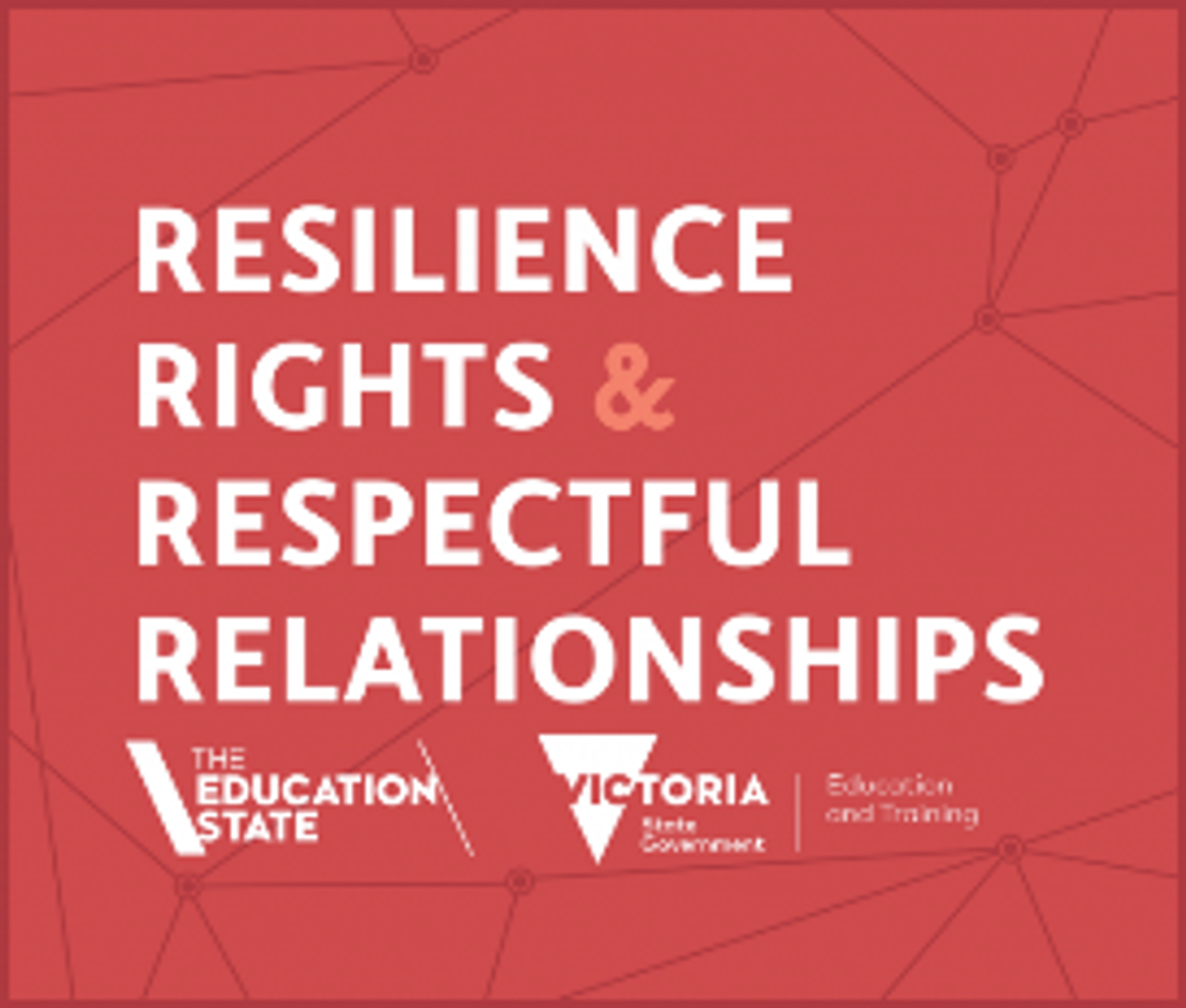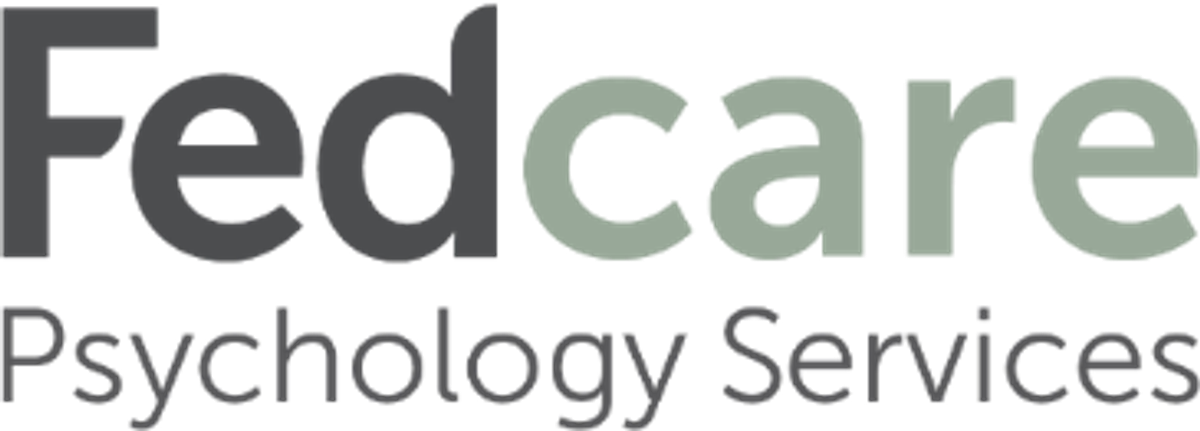WELLBEING PAGE

MENTAL HEALTH & WELLBEING TERM 3
SCHOOL WIDE POSITIVE BEHAVIOUR SUPPORTS (SWPBS)
This semester we continue our work teaching, learning, modelling, practising and rewarding our Whole School Expected Behaviours. Each week this term, the whole school will have a focus value and expected behaviour from our SWPBS Matrix of Expected Behaviours. Awards will be given at assembly for the students who have demonstrated growth and competence in these areas.
EXPECTED BEHAVIOURS WHOLE SCHOOL FOCUS TERM 3, 2024.
WEEK | VALUE | EXPECTED BEHAVIOUR |
1 | RESPECT | Use manners and kind words. |
2 | RESPECT | Think before we act |
3 | RESPONSIBILITY | Look after the property of ourselves, the school and others. |
4 | RESPONSIBILITY | Be on time and ready to learn. Stay focused and use our time wisely. |
5 | GROWTH | Practice mindfulness and gratitude. |
6 | GROWTH | Use calming strategies to self-regulate. |
7 | EXCELLENCE | Helping others who need it. |
8 | EXCELLENCE | Support and encourage others to be their best. |
9 | All values | Revisit expected behaviours taught this term |
10 | All values | Revisit expected behaviours taught this term |
RESILIENCE, RIGHTS AND RESPECTFUL RELATIONSHIPS (RRRR)
This term all year levels will be exploring the topics - ‘Problem Solving’, ‘Stress Management’ and ‘Help Seeking’ from the RRRR Curriculum.
PROBLEM SOLVING: Problem-solving skills are an important part of the coping repertoire. The classroom program provides a number of learning activities to develop students’ problem-solving skills. The activities in the program assist students to develop their critical and creative thinking skills, and to apply them to scenarios exploring personal, social and ethical dilemmas.
STRESS MANAGEMENT: Children and young people experience a range of personal, social and work-related stressors in their everyday lives. Activities within this topic have an explicit focus on teaching positive approaches to stress management. Assisting students to recognise their personal signs and symptoms of stress, and to develop strategies that will help them to deal with stress effectively, will help students cope with future challenges. The activities focus on the ways in which self-calming strategies can be used to manage stressful situations.
HELP SEEKING: Learning activities in this topic area are designed to help students discuss the importance of seeking help and providing peer support when dealing with problems that are too big to solve alone. This helps to normalise and destigmatise help-seeking behaviour. Scenario-based activities help students identify situations in which help should be sought, identify trusted sources of help, and practice seeking help from peers and adults.
OPEN PARACHUTE
We are fortunate here at Lucas Primary School to have access to ‘Open Parachute’, an online Mental Health and Wellbeing program supported by the Sebastian Foundation. This term, students in Years 3 and 4 will be exploring the program with the support of Cass and Mrs Tapscott. Students will be exploring topics including friendship skills, exploring ourselves and our feelings, as well as coping with changes and challenges.
As part of our affiliation and participation in Open Parachute, our school community has access to some special events including a webinar this coming Tuesday 25th July on the topic ‘Supporting your child with anxiety’. See the attached flier for how to access this great opportunity.
FEDERATION UNIVERSITY FEDCARE PSYCHOLOGY SERVICES
PRIMARY SCHOOL OUTREACH PROGRAM
This semester we are very lucky and excited to again be involved in the FedCare Primary School Outreach program. In Semester 1 we had two wonderful provisional psychologists, Sanara Dissanayake and Brittany Wadforth who worked with our first intake of students individually and in small groups. For this semester, we welcome Llira Haywood and Elizabeth Lee who will be working our second intake of students on Tuesdays onsite at school.
The students who participate in the program are determined by considering mental health and wellbeing data, teacher judgements and through conversations with parents. If you would like your child to be considered for the intake in Term 4, please contact your child’s classroom teacher.
As you can imagine, there are a limited number of students that can be catered to through the program at school. There is the option to contact FedCare directly and access support at very affordable rates. See details below:
Psychological Support for Adults and Children
FedCare Psychology Services provides psychological services to members of community within Ballarat and surrounding districts. Our first consultation is free, ongoing sessions are $10 per session or $5 for concession card holders. You do not need a GP referral to access our services.
Psychological services will be provided by provisionally registered psychologists, who are currently undertaking advanced training in the Master of Psychology (Clinical) and the Master of Professional Psychology programs. All services provided are closely supervised by a team of highly experienced registered psychologists, all of whom hold both endorsement in clinical psychology and registration as clinical supervisors with the Psychology Board of Australia in APHRA.
We offer a range of psychological services for children (5 years and older), adolescents, adults, including psychological and educational assessment, and the psychological treatment of various behavioural and emotional problems, such as:
|
|
If you would like to see one of our Provisional Psychologists, you can contact us:
Phone: (03) 5327 8483
Email: psychology.services@federation.edu.au
FedCare Psychology ServicesSuite 4, Greenhill Enterprise Centre (GEC)Mt Helen Campus, Tech ParkUniversity Drive, Mount Helen



